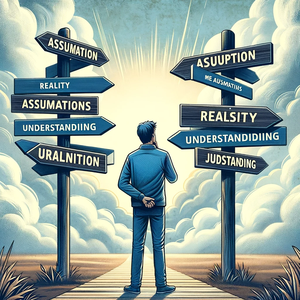As the year swiftly reaches its final month, I am reminded of the annual tradition of sharing photos of winter illuminations on this blog. I visit this shopping mall every year and wonder if the gradually simplifying decorations reflect the economic downturn or perhaps symbolize global warming. Such is human nature, to speculate about the unknown.
Earlier this year, I watched a Japanese film on an international flight, "Ichikei's Crow". It's a legal suspense drama based on a manga set in a courtroom, emphasizing the importance of thorough investigation and unbiased judgment to prevent wrongful convictions. Personally, I've always strived to view things flexibly and judge fairly, so I'm pleased that such themes are gaining acceptance. A significant moment in the drama is the realization that even those who have committed crimes have the right to atone for them.
The story portrays scenarios where someone wrongfully takes the blame or protects someone else from their crimes, illustrating the right of the guilty to atone. This theme suggests that one should not intervene in others' issues based on personal judgment, nor should they feel superior for doing so.
I teach my students not to make unfounded assumptions and not to impose their beliefs on others. Here's a relevant example:
A student discussing job hunting mentioned:
Student: Leave me alone. It's none of your business, right?
Teacher: Yes, it's good that you're handling it in your way. Feel free to discuss any concerns.
Student: My approach to job hunting is unique. I don't think any teacher could understand. You would probably oppose it or offer unwanted advice, so please don't bother.
Teacher: Aren't you assuming that 'teachers won't understand your perspective' without giving a chance? You're pre-emptively criticizing based on words I haven't even said.
Student: ...
Teacher: Why not test how I respond? If I react as you expect, then you're free to criticize.
The student's assumption about my response and the act of protecting someone in "Ichikei's Crow" both stem from unfounded beliefs. In the first case, the student elevates their self-esteem by believing their protection is beneficial, disregarding the feelings of the actual guilty party. In the second, the student projects actions onto a teacher who hasn't done anything, ignoring the teacher's real thoughts and actions.
We should reconsider acts of assumption where we inadvertently strip others of their right to decide, thinking 'it must be so'.

